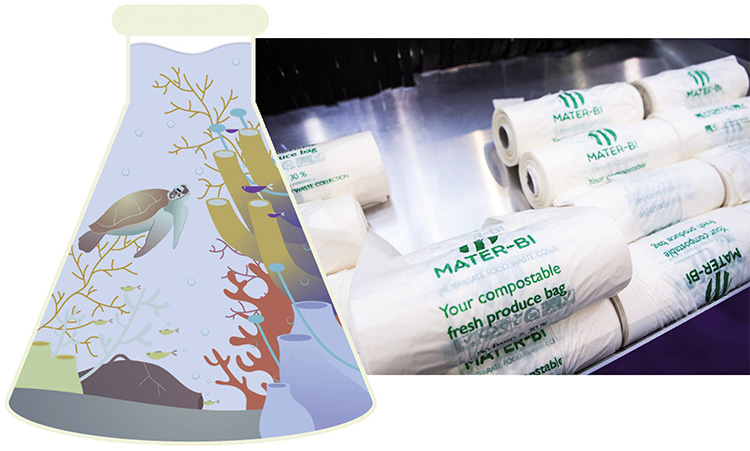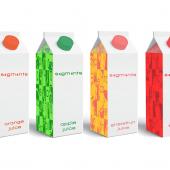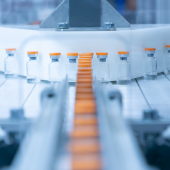The marine biodegradability of Mater-Bi is confirmed
Is it possible to solve the huge problem of marine plastic pollution by using biodegradable and compostable alternatives to plastic?

And what happens if - as unfortunately happens with the packaging of any material
(glass, aluminium, paper, etc.) - a bag made of Mater-Bi is not recovered but is
discarded into the natural environment?
In any case, regardless of biodegradability, uncontrolled release must be stigmatised and the end-of-life of compostable products must continue to be what the products were designed for, i.e. industrial composting, to this purpose
Novamont has developed a far-reaching programme of scientific studies. Some of the studies were carried out in its own laboratories while
others were entrusted to European research institutes, and the results have been announced.
Coordinated by Francesco Degli Innocenti, Novamont Director of Ecology of Products and Environmental Communication, the studies were divided into 3 areas: intrinsic marine biodegradability (Novamont laboratories), disintegration in the marine environment (Hydra) and ecotoxicity released into sediment as a result of biodegradation (University of Siena) of fruit and vegetable bags made of Mater-Bi.
Synthetically we remind Degli Innocenti’s considerations: «All products must be collected and recycled, including biodegradable products made of Mater-Bi, which must be recovered in the form of compost together with kitchen waste. Nothing must be discarded irresponsibly whether on the ground or in the sea, as this creates a potential ecological risk. The intrinsic biodegradability of Mater-Bi products is a factor that can mitigate ecological risk. This, however, must not become a commercial message but a further element to help assess
the environmental profile of biodegradable products».
Further information, description of tests and scientific results obtained by researchers can ben dowloaded on bit.ly/materbi2719.



















